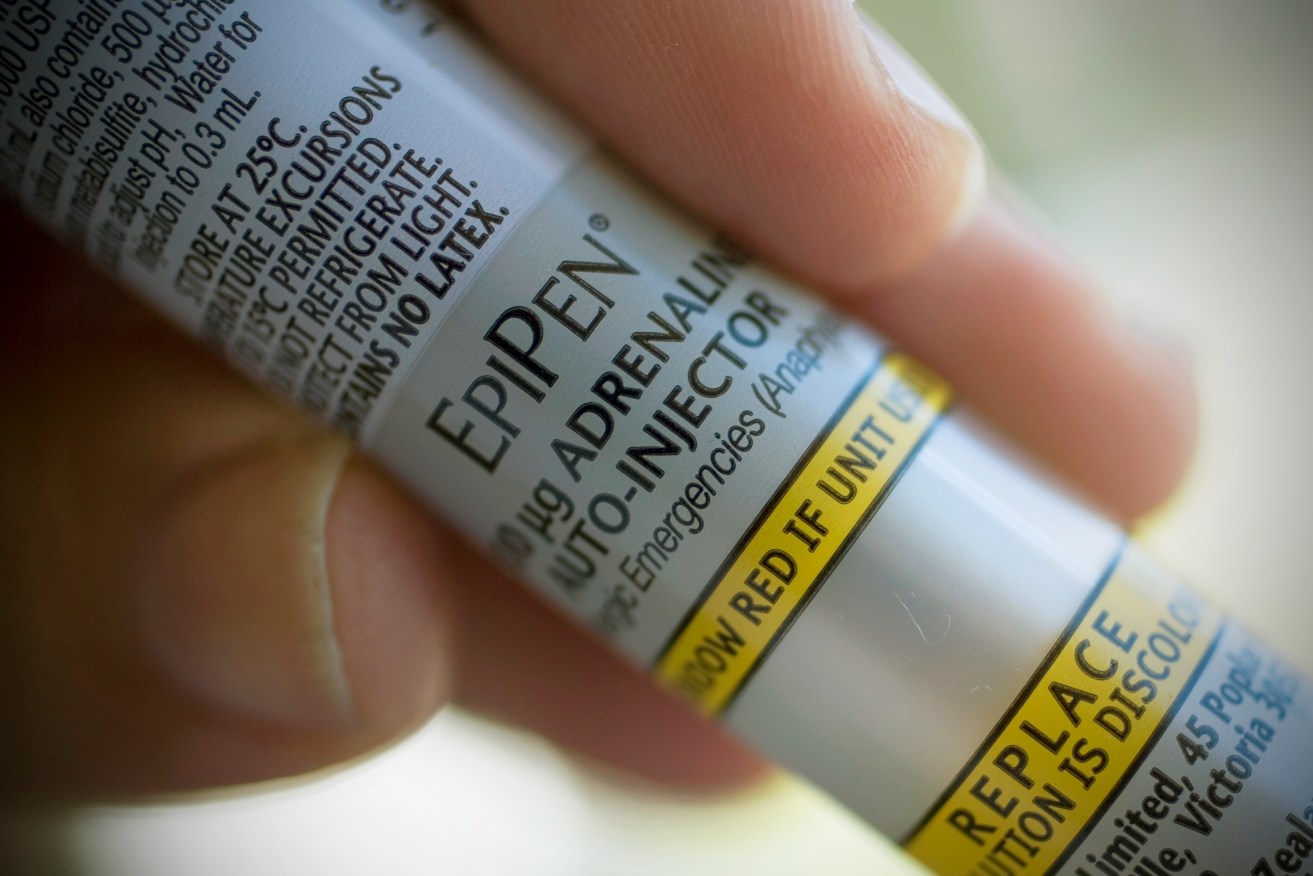Allergy rise prompts Parliamentary inquiry
The number of Australians admitted to hospital because of allergies has increased five-fold in the past two decades.

Photo: AAP/John Pryke
The number of Australians admitted to hospital because of allergies has increased five-fold in the past two decades.
The cause is largely uncertain, but federal politicians wants to know why.
A parliamentary inquiry will also look into the impacts of anaphylaxis in Australia, access to services for allergy sufferers and food and drug safety around allergy management.
The rise in anaphylactic reactions is largely contained to rich western nations like Australia, Liberal committee chairman Trent Zimmerman said.
“If you go to developing countries, you will not find allergies occurring at the same rate,” he told AAP on Friday.
“This isn’t a case where people are being paranoid about an allergy, these are real diagnosis of allergies.”
Zimmerman said allergies and anaphylaxis affected over four million Australians, with reactions to food and insect bites the leading cause.
Unscientific diagnosis and treatments used by Australians will also come under the microscope, as well as people avoiding certain drugs because of unconfirmed allergies.
Zimmerman said about 15 per cent of Australians were avoiding certain drugs because of misdiagnosed allergies.
Education around allergies and the number of specialists in Australia, especially in rural and regional areas, will also come under review.
Zimmerman said the inquiry would look at whether parents of children with allergies were getting the right advice.
“We want to see there’s a standard approach being adopted,” he said.
The MP said one theory on the allergy rate rise was that people were too hygienic and not being exposed to enough bacteria.
But other theories pointed to environmental or genetic factors.
-AAP
Want to comment?
Send us an email, making it clear which story you’re commenting on and including your full name (required for publication) and phone number (only for verification purposes). Please put “Reader views” in the subject.
We’ll publish the best comments in a regular “Reader Views” post. Your comments can be brief, or we can accept up to 350 words, or thereabouts.
InDaily has changed the way we receive comments. Go here for an explanation.




